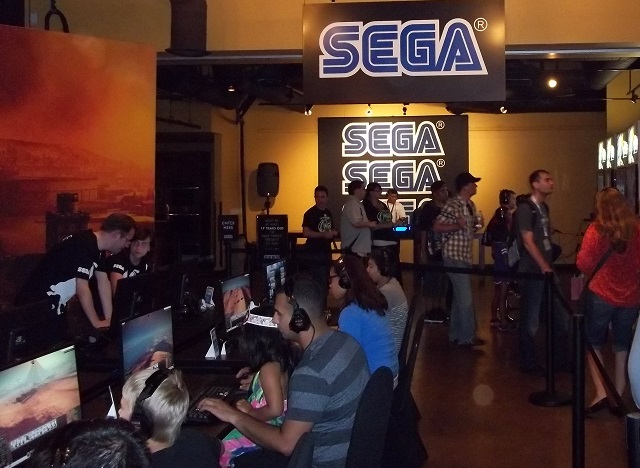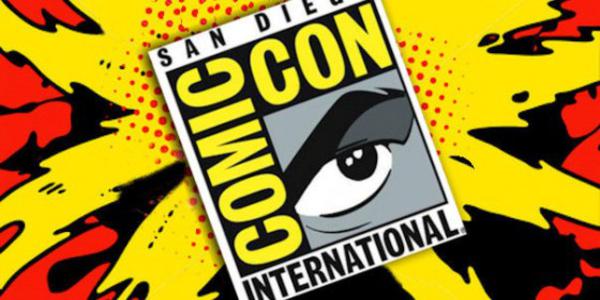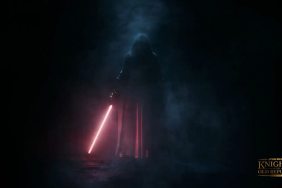For theatre lovers, it's Broadway. For country music fans, it's Nashville. For boxingheads, it's the MGM Grand Garden Arena. For geeks, it's San Diego Comic-Con.
Every fanbase has an ultimate destination, and for lovers of all things geek, from comic books to sci-fi movies and TV and everything in between, San Diego's annual Comic-Con is the holy grail. In the past five years, Comic-Con has reinvented itself from a convention full of guys whose wildest fantasy was Poison Ivy and Harley Quinn at the same time, to a multi-faceted must-hit event for the film and TV industries. For projects like Ender's Game and the upcoming Agents of S.H.I.E.L.D., presence at Comic-Con is not only desired, it's a necessity.
Gamers, however, are not in as much luck.
“There really isn't a high video game presence there,” says Seff Liddell, Comic-Con veteran. “If Sony has a big release, they will have a big presence; if they don't, it will be rather small. Capcom has come before but only when they had something big like Marvel vs. Capcom or a new Resident Evil that people are excited about. If they really don't have much to show, they don't come, or they have a small booth.”
The former is in full display at this year's event, as Ubisoft wasn't content with just a booth – the studio is promoting their upcoming Assassin's Creed IV: Black Flag with a full-size pirate ship in the harbor near the San Diego Convention Center.

But is the latter statement correct as well?
“There are occasionally some outliers, but that is generally true,” says Sean Kreycik, who is in San Diego at his third Comic-Con and says that although gaming is garnering a presence, it is still “not even close” to pertinance as gaming conventions like E3 or PAX.
“It's starting to be seen as a good place for games,” says Kreycik, “but I think most of the game companies prefer the shows where they are in the spotlight.”
For what it's worth, when gaming studios show up at Comic-Con, they show up big. In addition to the aforementioned pirate ship, both Telltale Games' The Walking Dead and Ubisoft's acquisition from THQ, South Park: The Stick of Truth, have their own panels over the weekend.
The lack of gaming could simply be a timing issue, as Comic-Con falls practically smack in the middle between E3 and PAX, where games are at the forefront, and Comic-Con booth space, like those of the other two conventions, is quite costly. It could also stem from the fact that game studios simply don't like to be seen as “second banana.”
“If they had more of the people who worked on the games come out and speak, it would make it bigger,” says Liddell of the gaming presence. “But because the people who come to show it aren't those who worked on it, and often aren't those who even play games, it leaves something to be desired.”

That's not to say that gamers wouldn't enjoy Comic-Con. “I love coming here for the movie and TV panels and exclusive and early footage,” says Kreycik, in addition to the gaming. But he adds that if gaming “was the breadth of their interest in entertainment, [gamers] would enjoy it for a single day, but would not need to come for all 4 or 5 days.”
Though the focus may not be on gaming, or even comics themselves, San Diego Comic-Con still holds the hallmark of being the ultimate geek chic destination. Gamers will still find a massive floor on which to let their geek flag fly and, as long as they expect gaming to have a smaller presence, should still be satisfied.
Except for Ubisoft, adds Kreycik. “Ubisoft seems to be the only company that puts on a big show every year.”
He adds with a laugh, “Ubi don't care 'bout that.”







